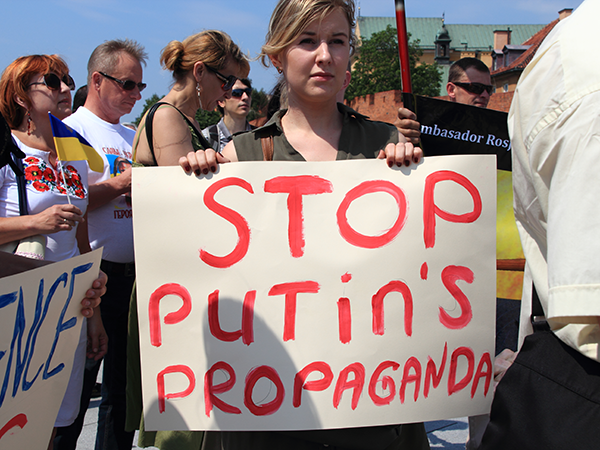The US State Department has detailed a sophisticated Russian disinformation campaign targeting Latin America, aiming to weaken support for Ukraine while promoting anti-American and anti-NATO narratives.
An official statement from the US State Department revealed that Russia has been using local media in Latin American countries as conduits for its propaganda, which is initially crafted in Russia and then tailored by local editors to resonate with the regional audience.
The Kremlin reportedly utilized media connections in various countries, including Argentina, Bolivia, Chile, Colombia, Cuba, Mexico, Venezuela, Brazil, Ecuador, Panama, Paraguay, Peru, and Uruguay, to disseminate the disinformation.
The campaign’s mechanics involve organizing a group of editorial staff, likely based in Chile, comprising journalists and opinion leaders from various Latin American countries. Content created by a Russian team is then sent to these editors for localizing, ensuring it blends seamlessly with the domestic discourse before being disseminated through local mass media outlets.
Moscow-based linguistics editors, proficient in Spanish and using aliases, play a crucial role in translating and adapting the content to ensure it appears native and credible to Latin American audiences. The network leverages a wide array of Spanish and Portuguese-speaking journalists and media outlets, including Pressenza and El Ciudadano, to spread pro-Russian messages while concealing the content’s true origin to benefit such “influence-for-hire” Russian organizations as the Social Design Agency, the Institute for Internet Development, and Structura.
Furthermore, the US State Department’s statement points out the involvement of the Russian government in developing themes and metrics for success and names key individuals as leaders of propaganda campaigns.
The pro-Kremlin narrative, controlled to align with Russia’s broader geopolitical storytelling, attempts to persuade Latin American audiences of the legitimacy of Russia’s war against Ukraine and to convince them to “unite with Russia to defeat neocolonialism.”
This disinformation network is not operating in isolation; it is coordinated with Russian embassies in the region, state-funded media outlets, and perceived pro-Moscow third-country embassies, aiming to amplify pro-Kremlin messaging and foster partnerships between Russian state media, local media, and radio stations.
Read also:
- Media: Polish government warns of escalating propaganda pressure from Russia and Belarus
- Russian occupiers include history propaganda lessons in school curriculum in Luhansk Oblast
- Report: Western media underestimate Russian propaganda’s effectiveness
- UK intel: Russia steps up propaganda on territory of occupied Donetsk Oblast






